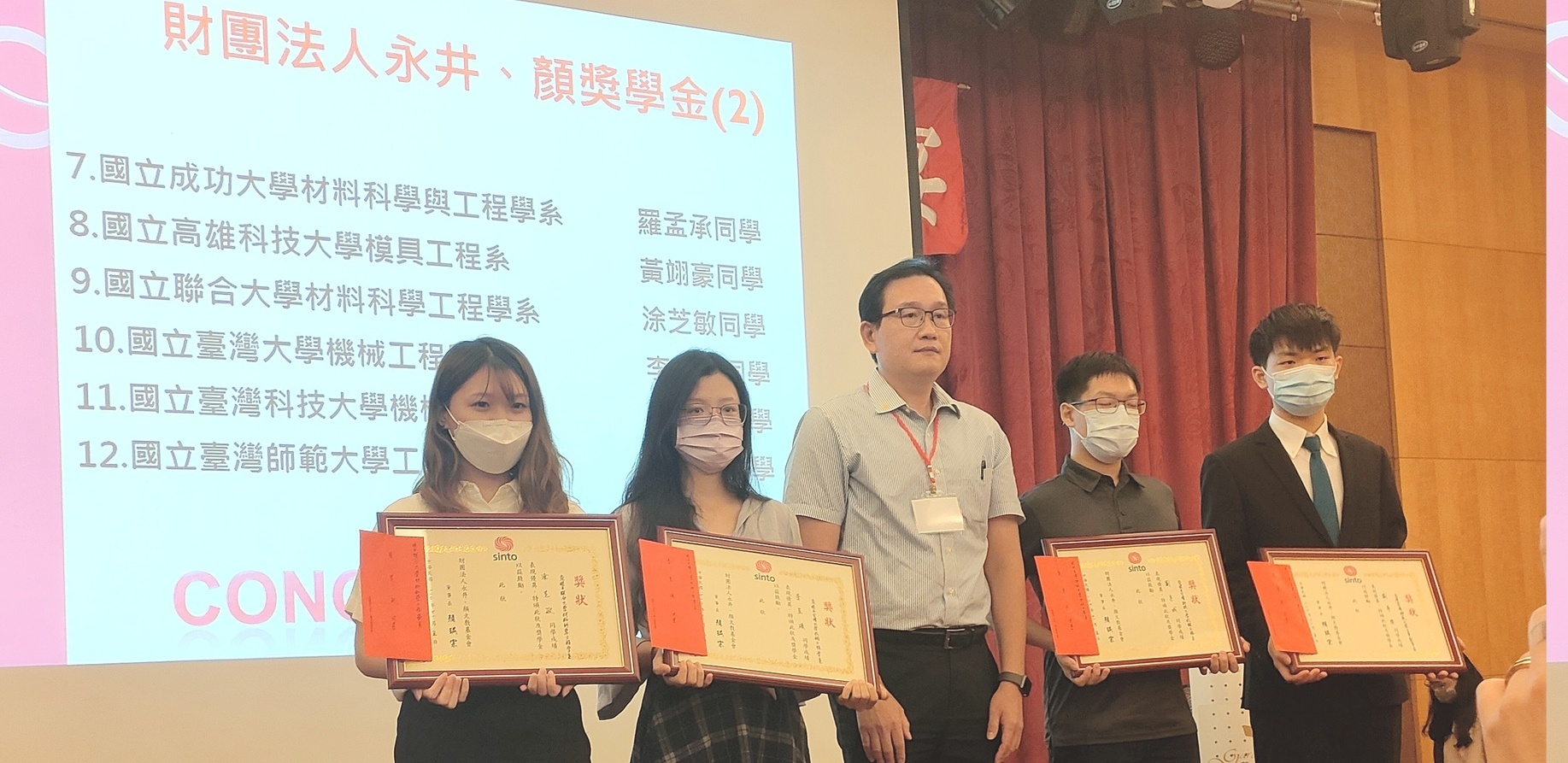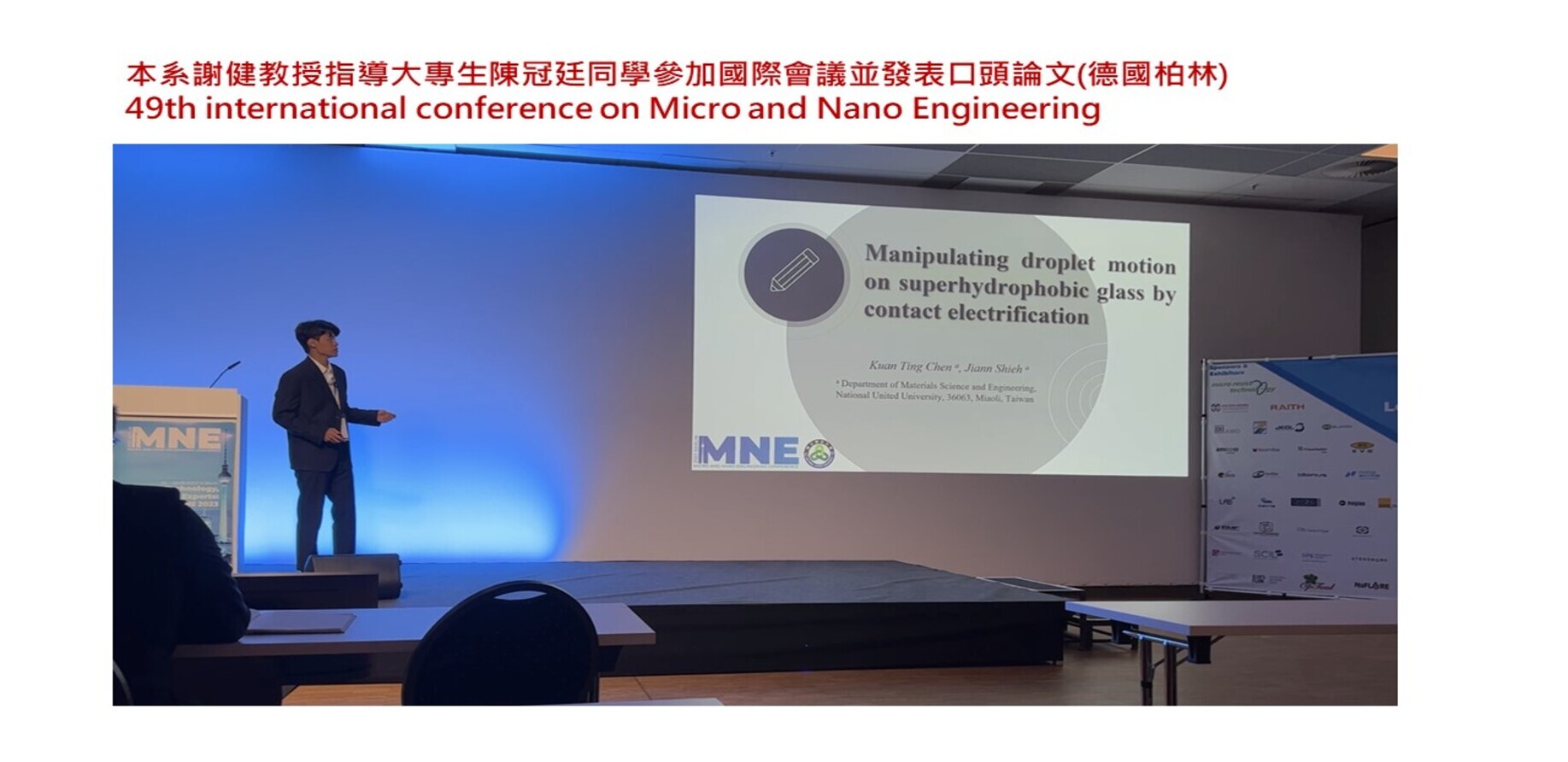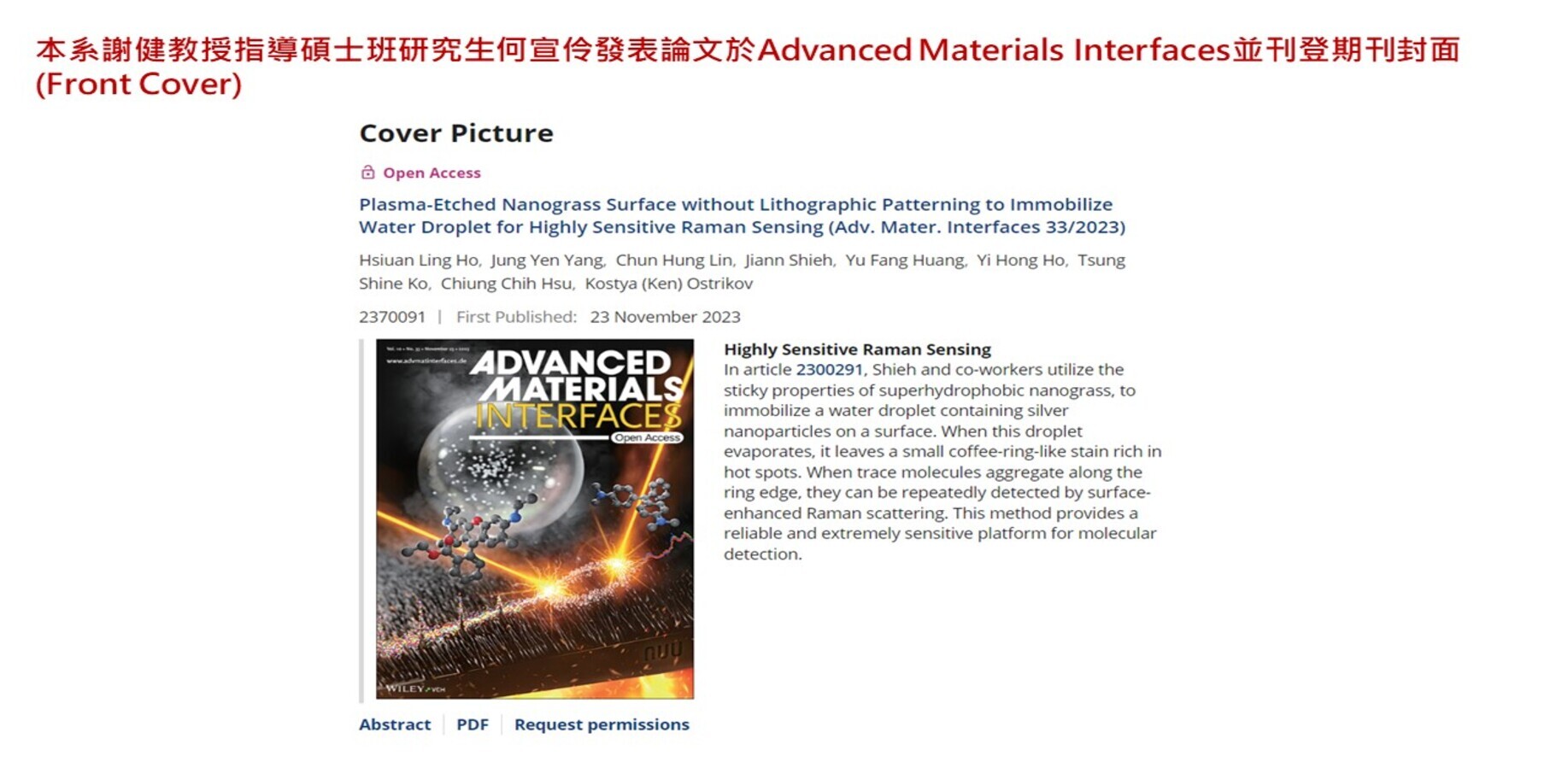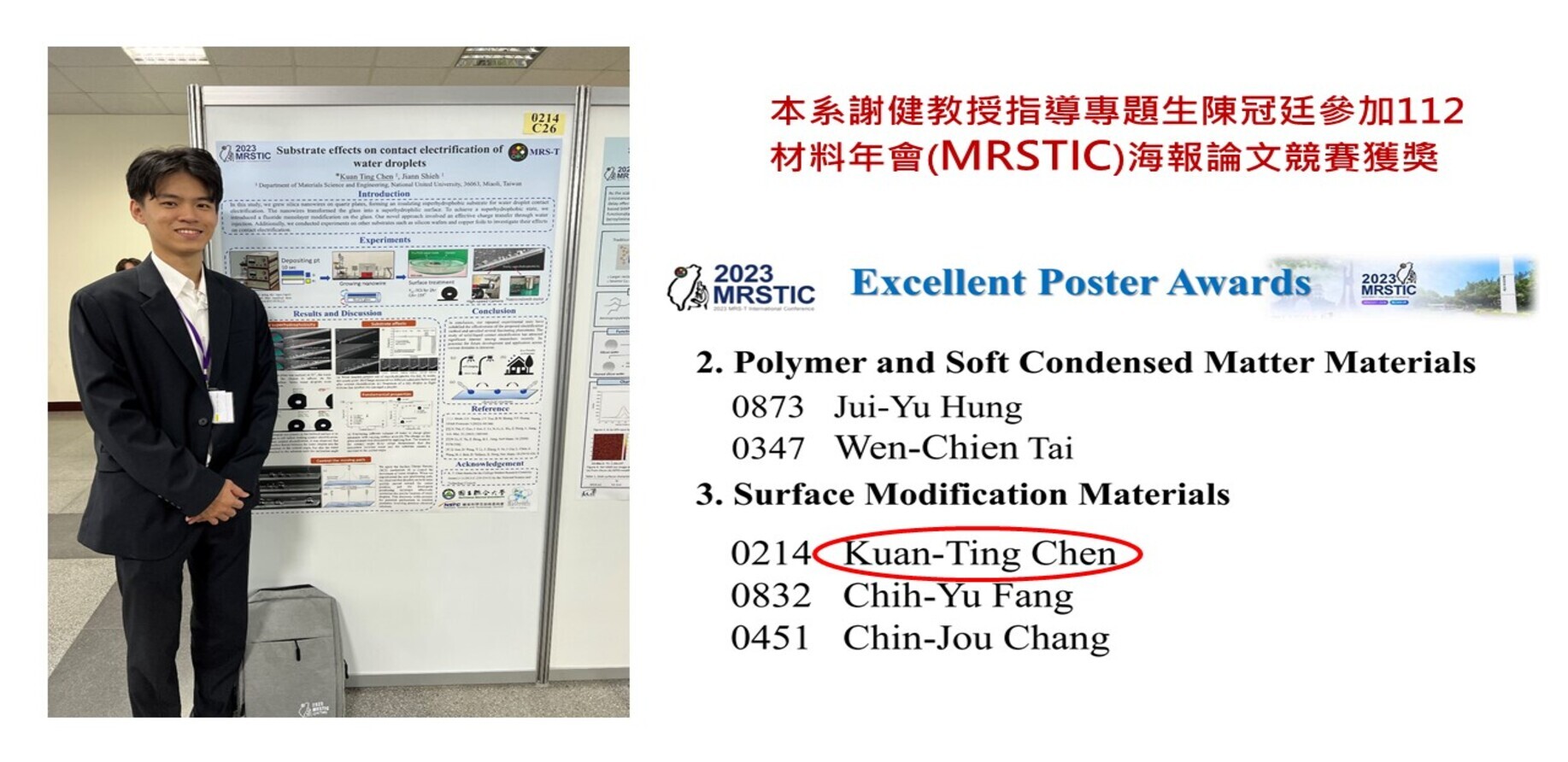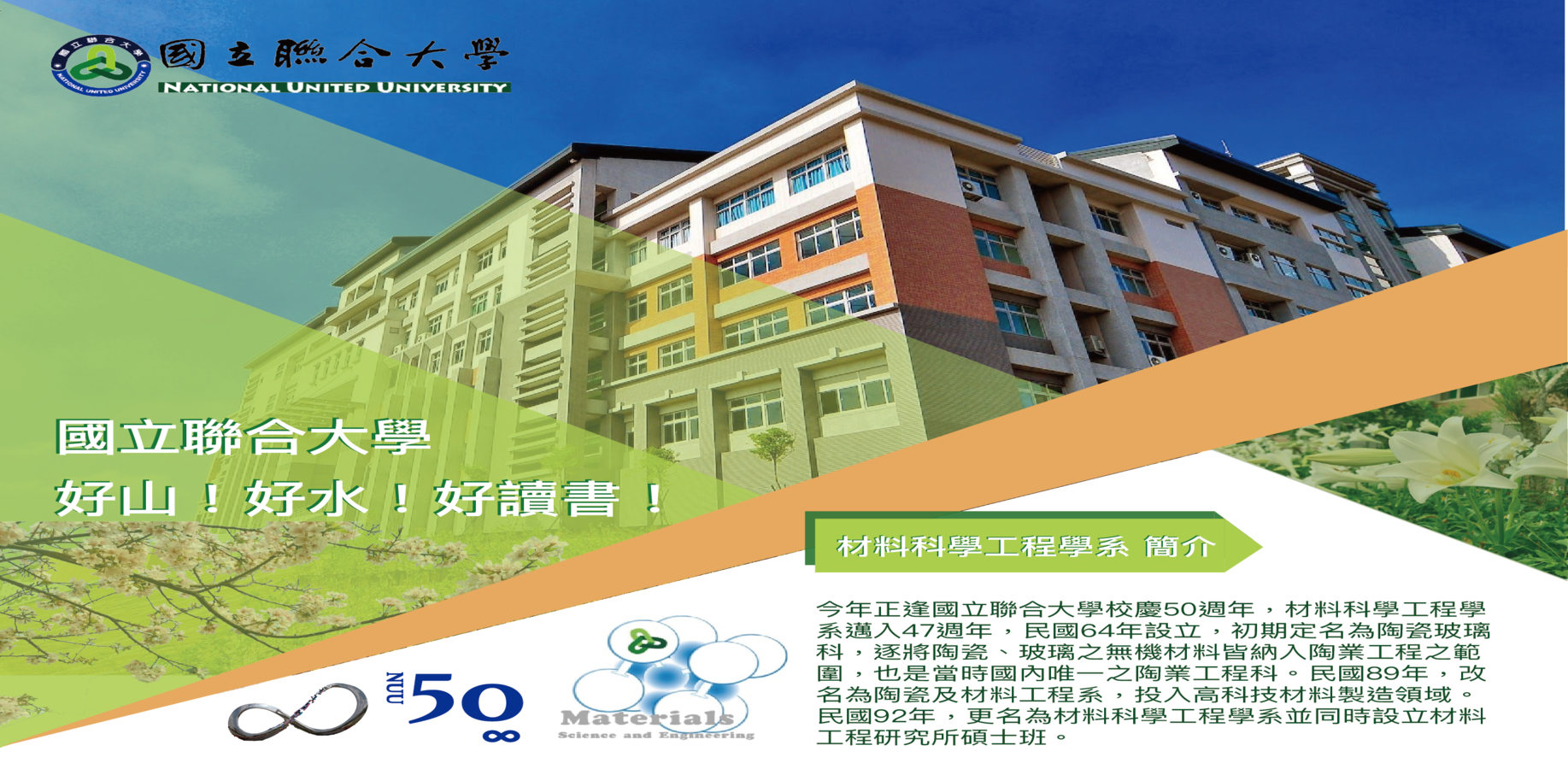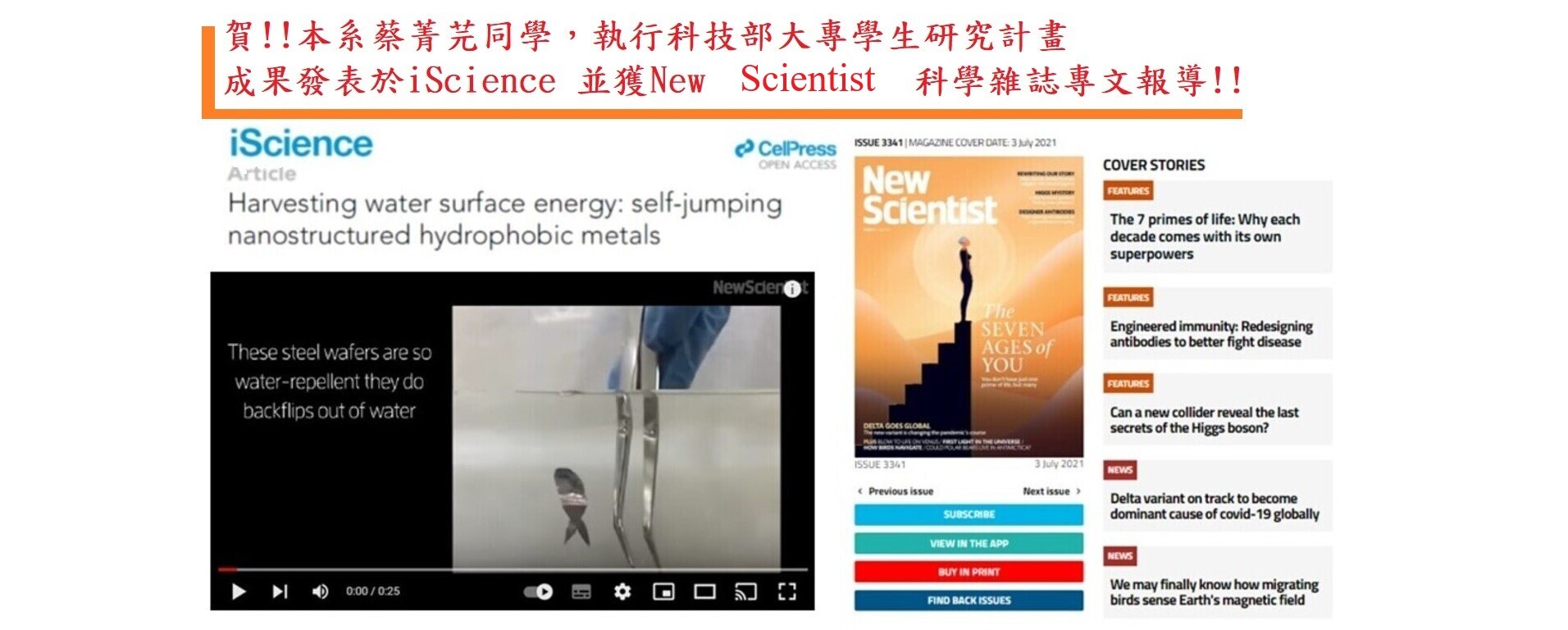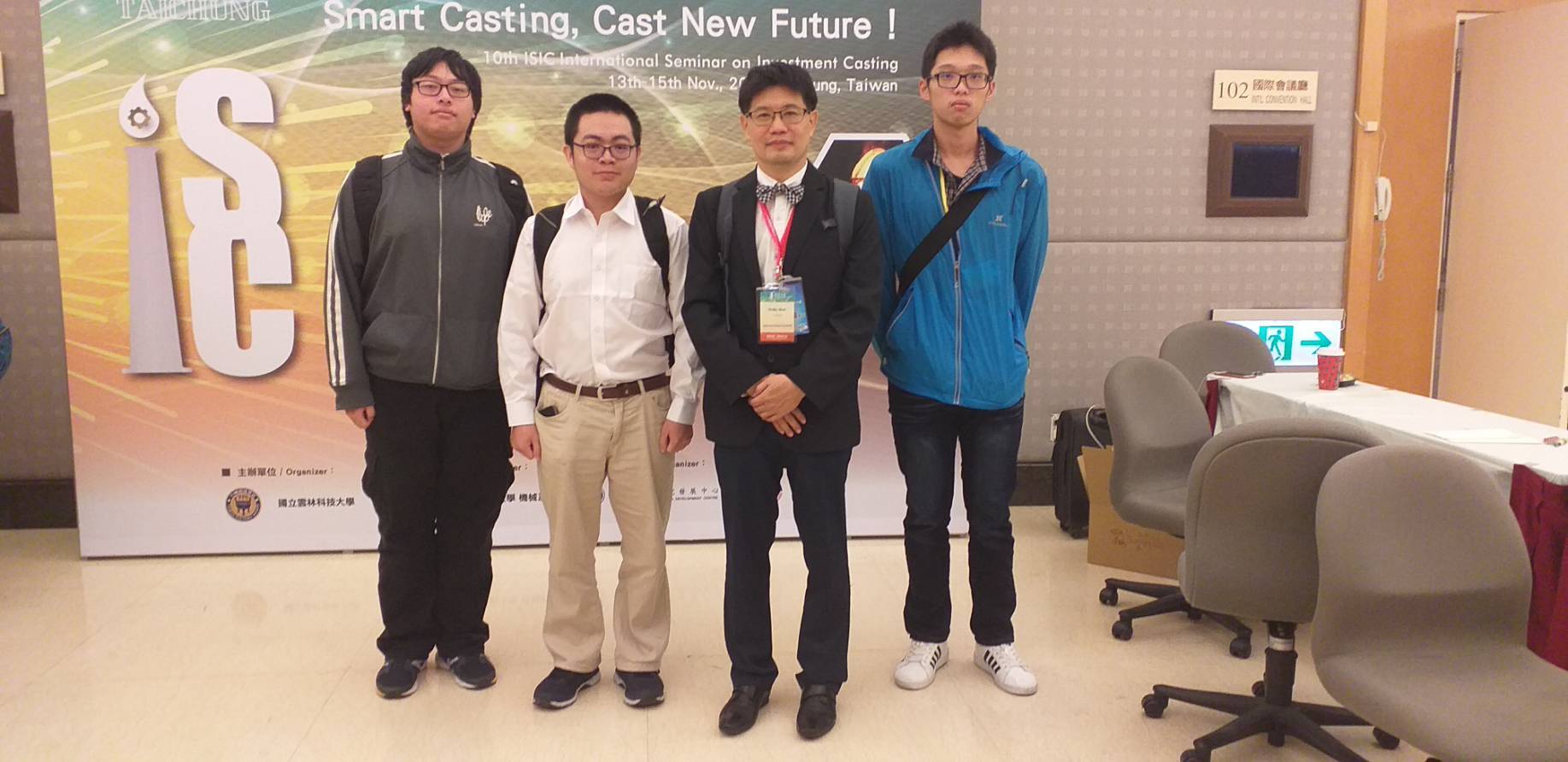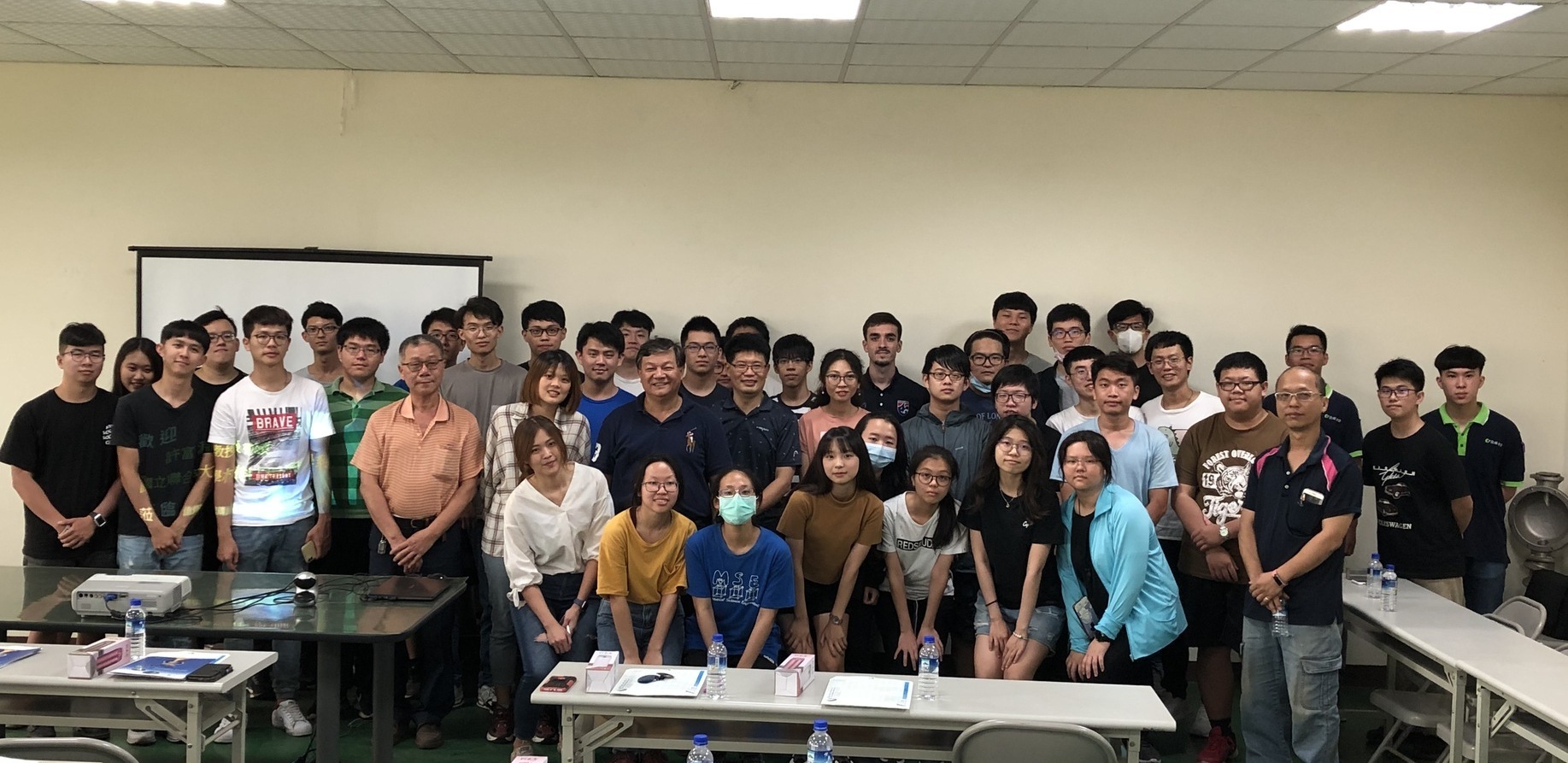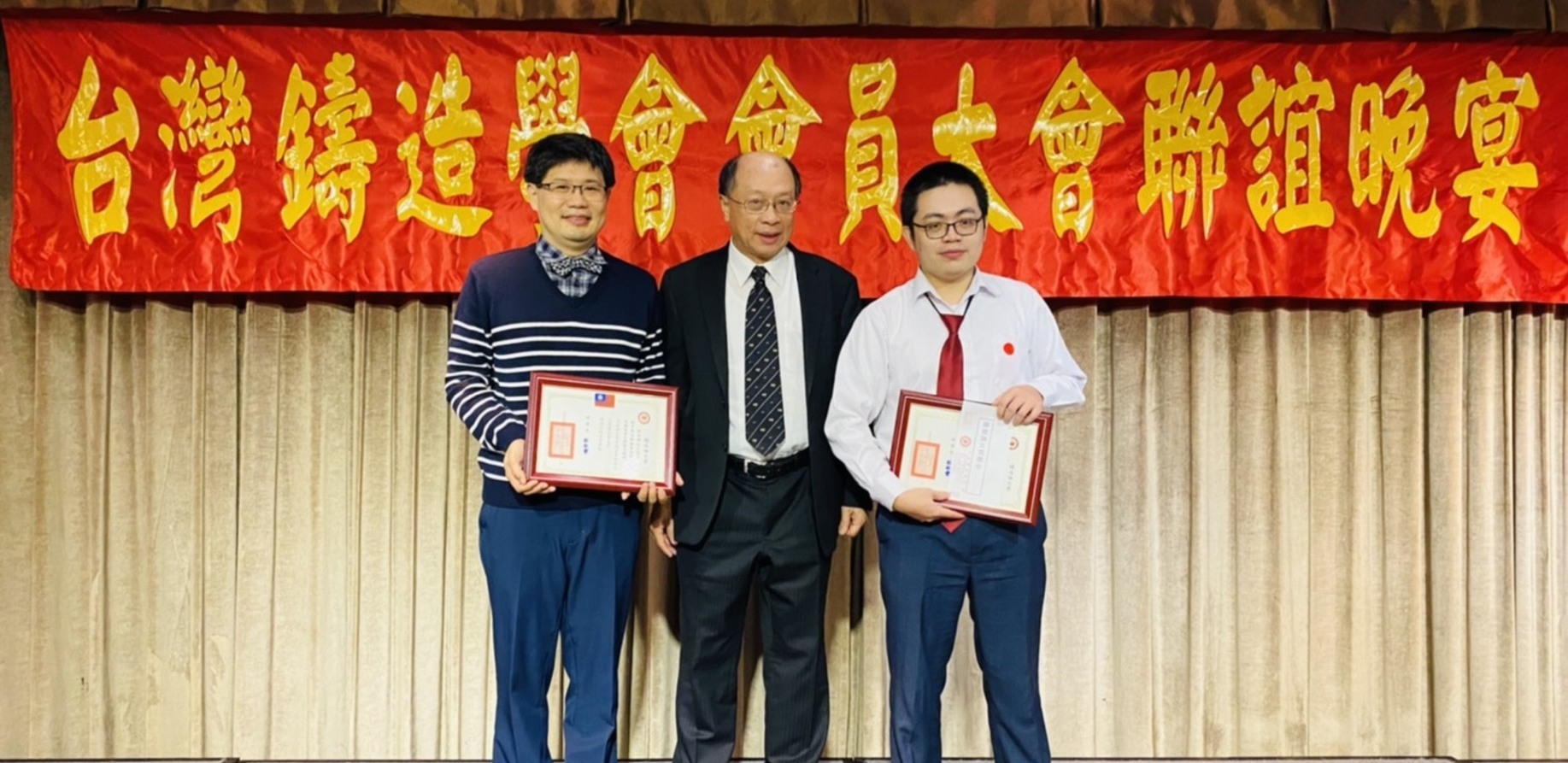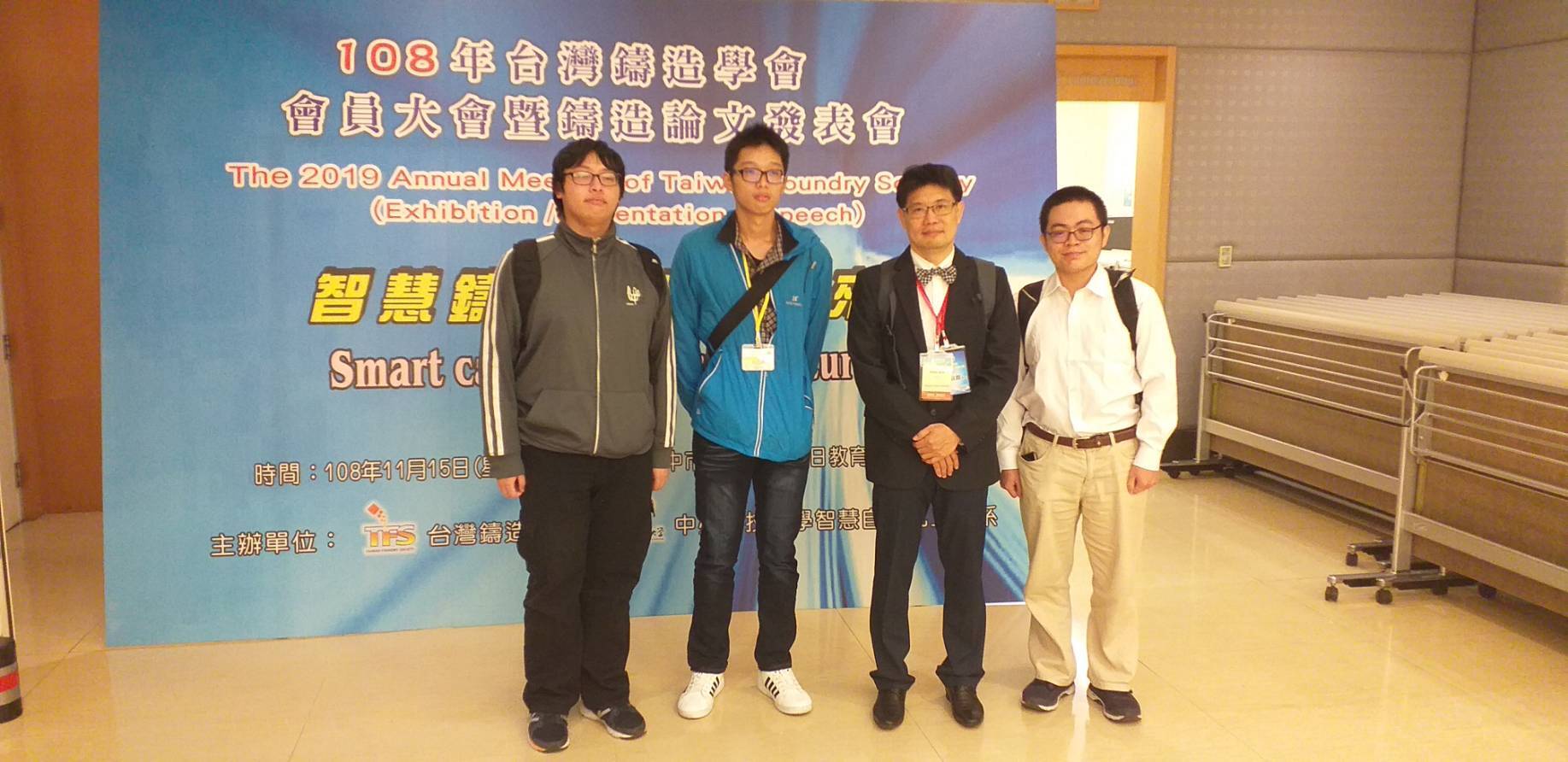Undergraduate Courses
Undergraduate courses
Course Structure for Undergraduate Students in the Department of Materials Science and Engineering
1. Fundamental Materials Courses
The fundamental materials courses include:
- Calculus (I) & (II) (6 credits)
- General Physics (I) & (II) (6 credits)
- General Physics Lab (I) & (II) (2 credits)
- General Chemistry (I) & (II) (6 credits)
- General Chemistry Lab (I) & (II) (2 credits)
- Introduction to Materials Science (I) & (II) (6 credits)
- Engineering Material Mechanics (3 credits)
- Materials Science English Guide (1 credit)
- Computer Programming (3 credits)
In total, students must complete 35 credits in these required courses.
2. Bridging Courses Between Fundamental and Professional Studies
To strengthen the connection between fundamental materials science and professional studies, the second-year curriculum includes the following required courses (20 credits total):
- Materials Lab (I) & (II) (2 credit)
- Physical Metallurgy (I) & (II) (6 credits)
- Materials Thermodynamics (I) & (II) (6 credits)
- Engineering Mathematics (I) & (II) (6 credits)
Additionally, students must select at least three of the following four courses:
- Metal Materials (3 credits)
- Ceramic Materials (3 credits)
- Introduction to Polymers (3 credits)
- Semiconductor Materials (3 credits)
Further elective options include:
- Introduction to Quantum Physics (3 credits)
- Electronics and Electrical Engineering (3 credits)
- Engineering Graphics (2 credits)
These courses allow students to tailor their studies to their interests in materials science and engineering.
3. Professional Courses
Professional courses are divided into four main areas based on industry needs and faculty expertise: Metal, Ceramics/Glass, Semiconductor, and Polymer Materials.
- Metal Materials:
- Metal Heat Treatment (3 credits)
- Iron & Steel Metallurgy (3 credits)
- Materials Manufacturing Process Lab (1 credit)
- Mechanical Properties of Materials (3 credits)
- Phase Transformation (3 credits)
- Powder Metallurgy (3 credits)
- Ceramics/Glass Materials:
- Ceramic Processing (3 credits)
- Glass (3 credits)
- Ceramics (3 credits)
- Electronic Ceramics (3 credits)
- Glass Processing (3 credits)
- Physical Property Measurement Lab (1 credit)
- Semiconductor Materials:
- Solid-State Physics (3 credits)
- Semiconductor Materials (3 credits)
- Optoelectronic Materials (3 credits)
- Nanomaterials (3 credits)
- Physical Properties of Materials (3 credits)
- Polymer Materials:
- Polymer Physics (3 credits)
- Interface Chemistry (3 credits)
These courses provide students with specialized knowledge, preparing them for careers in their chosen fields.
4. Advanced Professional Courses
Advanced professional courses further refine students’ expertise in their chosen specialization. The available courses include:
- Metal Materials:
- Metal Processing (3 credits)
- Failure Analysis (3 credits)
- Amorphous Materials (3 credits)
- Corrosion and Prevention (3 credits)
- Foundry Engineering (3 credits)
- Welding Engineering (3 credits)
- Ceramics/Glass Materials:
- Advanced Glass Science (3 credits)
- Biomedical Materials (3 credits)
- Optical Fiber Materials (3 credits)
- Electronic Components (3 credits)
- Advanced Ceramic Materials (3 credits)
- Thick Film Technology (3 credits)
- Semiconductor Materials:
- Energy Materials (3 credits)
- Semiconductor Manufacturing Process (3 credits)
- Optoelectronic Components & Manufacturing Processes (3 credits)
- Thin Film Technology (3 credits)
- Vacuum Technology (3 credits)
These advanced courses equip students with specialized skills and knowledge to thrive in various high-tech industries.
This structured curriculum ensures students receive a solid foundation in materials science while allowing flexibility to specialize in their areas of interest. It prepares graduates for careers in academia, research, and industry, aligning with global trends and technological advancements.


